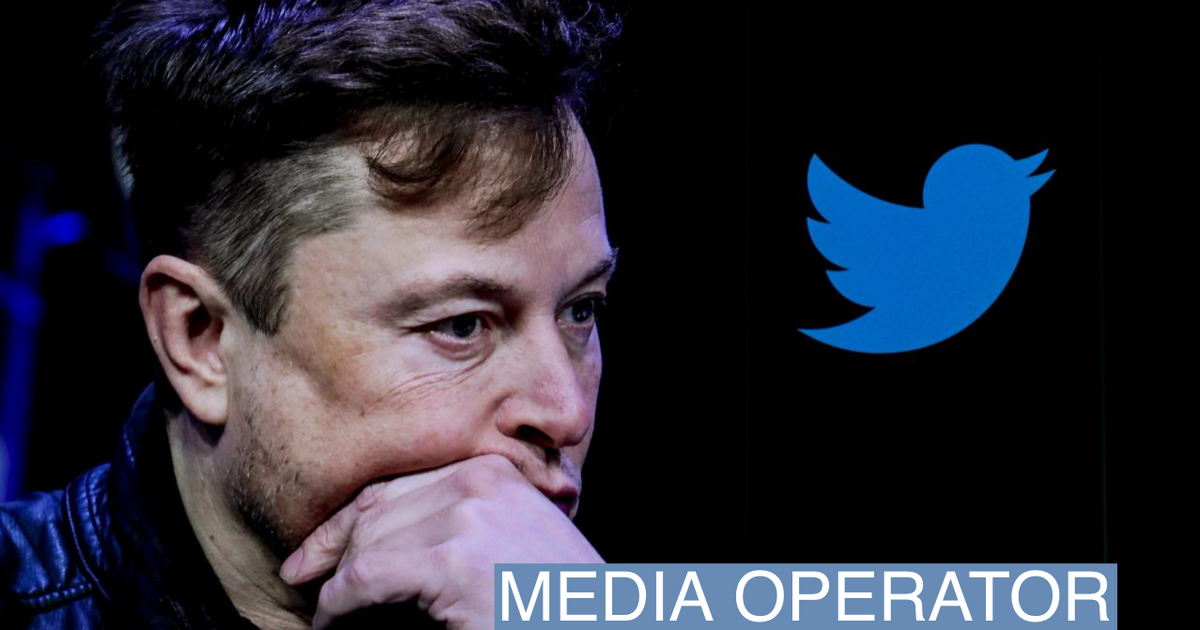SOCIAL
Elon Musk’s ad problems | Semafor

Since buying Twitter late last year, Musk has clearly been caught between a drive to turn Twitter into a good business, and an impulse to turn it into an ideologically-informed morality play.
To the degree he’s focused on the business, he’s run through the options many media operators consider: Advertising, tiered subscriptions, paid content, and other conventional options. In 2021, when Twitter was public, about 90% of its revenue came from advertising.
But Musk’s outspoken conservative political views and occasional direct attacks on his customers have deeply damaged that ad business. The new Twitter owner himself has acknowledged that many top advertisers have paused advertising since he took over, resulting in a steep decline in revenue.
He also appeared in recent days to be focused on building a subscription news business to rival Substack, although the newsletter company values itself at $585 million — about 3% of what Musk values Twitter at — and reported revenue of $12 million in 2021, the last year for which numbers were public. Musk may be trying to compete with Substack, or to force the newsletter company to sell to him, but even at its best it would represent a rounding error in the $5 billion in ad revenue Twitter reported in 2021.
Twitter’s decision on Friday to partially limit engagement on posts with Substack links immediately angered some of the newsletter company’s writers, who also happen to be some of Twitter’s more prolific posters. Prominent Substacker and Twitter poster Josh Barro said he wouldn’t be using Twitter until the platform reversed its Substack policy. Journalist Matt Taibbi, who was granted access by Musk to Twitter documents for his Twitter Files reporting series, also said that he planned to leave the platform due to Twitter’s new rules.
“In recent months, Musk has leaned heavily on certain prominent Substack writers (including Taibbi, Bari Weiss, and Michael Shellenberger) to share his narrative about the past and present management of Twitter,” Barro wrote on Saturday. “He has recognized some writers on this platform as important counterweights to traditional media outlets, and now he’s telling them to fuck off. This move is not aligned with any version of what you might take to be his goals about speech on the internet.”









![Holistic Marketing Strategies That Drive Revenue [SaaS Case Study] Holistic Marketing Strategies That Drive Revenue [SaaS Case Study]](https://articles.entireweb.com/wp-content/uploads/2024/09/Holistic-Marketing-Strategies-That-Drive-Revenue-SaaS-Case-Study-400x240.png)
![Holistic Marketing Strategies That Drive Revenue [SaaS Case Study] Holistic Marketing Strategies That Drive Revenue [SaaS Case Study]](https://articles.entireweb.com/wp-content/uploads/2024/09/Holistic-Marketing-Strategies-That-Drive-Revenue-SaaS-Case-Study-80x80.png)

